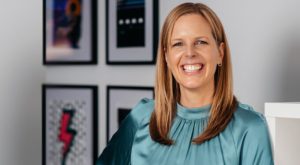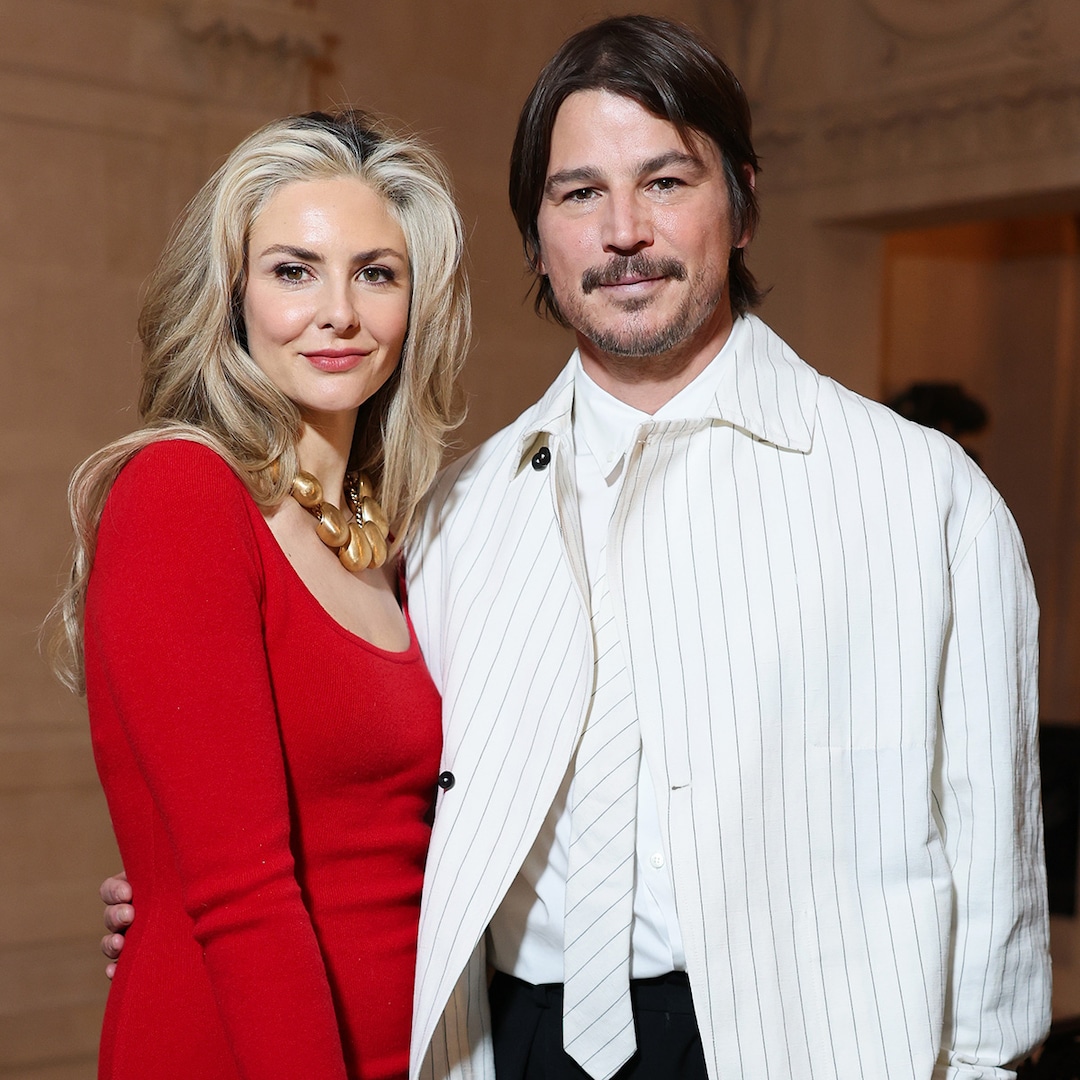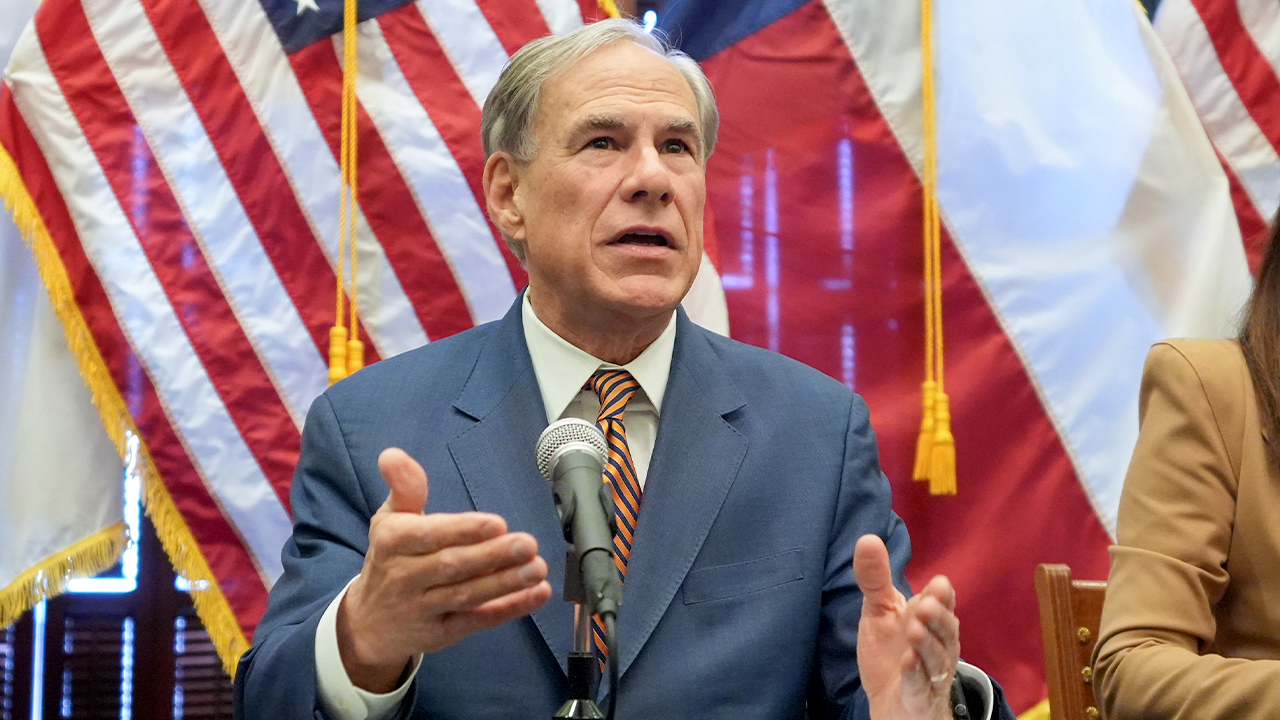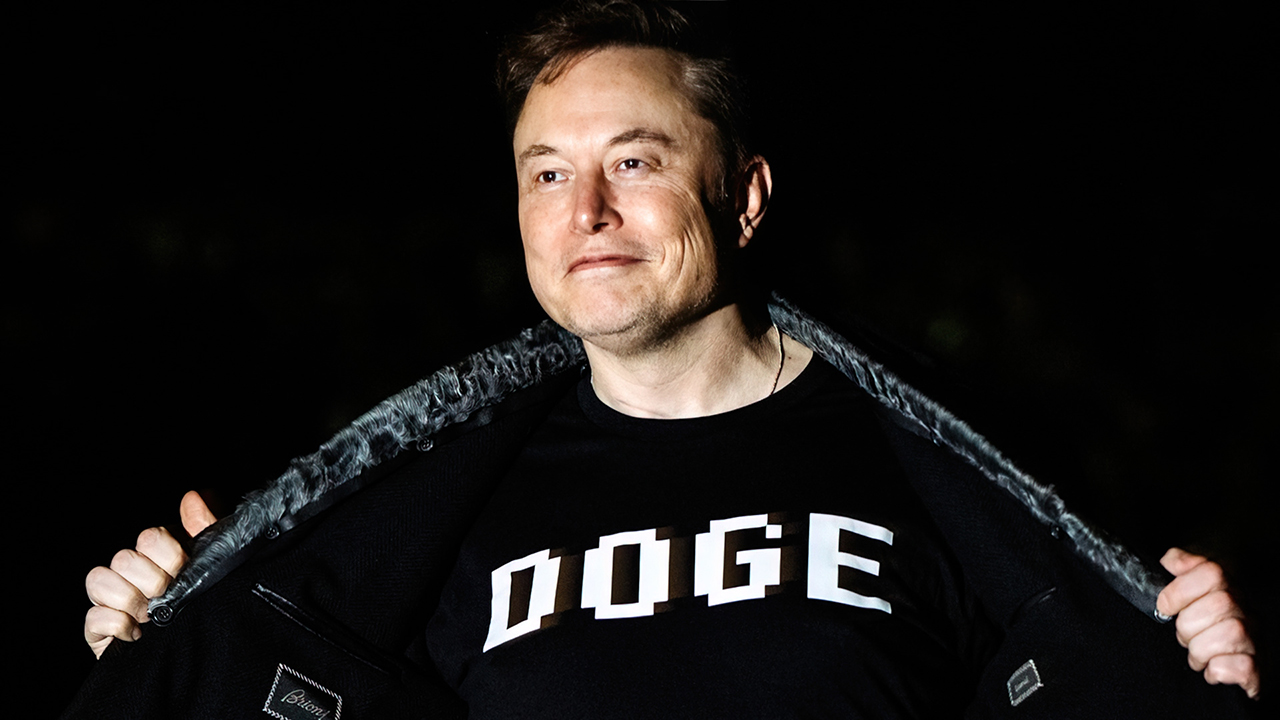“Inclusion by Design, Not by Chance” – Catherine Garrod on the Future of Work


 Catherine Garrod is a leading voice in workplace inclusion and HR, renowned for her ability to make equity, diversity and inclusion feel practical and achievable.
Catherine Garrod is a leading voice in workplace inclusion and HR, renowned for her ability to make equity, diversity and inclusion feel practical and achievable.
As the Founder of Compelling Culture and a keynote speaker represented by The Champions Speakers Agency, Catherine draws on her extensive career in HR and organisational development across sectors including media, FMCG, and telecoms.
She is celebrated for guiding businesses to embed conscious inclusion into everyday decisions, helping them create positive, sustainable cultures where everyone can thrive.
In this interview, Catherine shares her insights on how organisations can build more inclusive workplaces – discussing practical strategies, overcoming fear of failure, and the future of purposeful work.
Q1: What are the key changes businesses must make to become more inclusive?
Catherine Garrod: “I think it’s about embedding inclusion into the way the organisation operates. It’s not just about people’s everyday behaviours when they’re interacting with colleagues, customers, or service users.
“It’s also about looking at policies, processes, and systems, so that everything everyone is doing in their day-to-day work or interactions is already woven into what they’re doing. Inclusion should come by design, rather than be based on activities or programmes.
To check that it’s all working, the other big thing organisations need to do is use data. Whatever success looks like for that organisation, whether externally or internally, it’s important to look at the differences in experience for people from underrepresented groups compared to overrepresented groups. If there are big gaps, what then are the actions determined to close those gaps?”
Q2: What are your top tips for boosting equity, diversity, and inclusion in the workplace?
Catherine Garrod: “The first thing is to start with inclusion. If you break inclusion down to its fundamental definition, everyone wants to be valued, to be heard and to be involved. Don’t rush off and focus on diversity until you’ve really understood what inclusion looks like and whether people feel included.
Once you have a bit more of a basis for that and an understanding, absolutely look at the diversity. Look at the layers of your organisation, your marketing campaigns, your product development, whatever it is your organisation serves as its purpose, and understand who you’re appealing to, but also who you aren’t.
If you use something like an NPS score to measure customer service, don’t look at the total score. Look at how that score is defined, whether your part of the overrepresented population or the underrepresented population. Usually, the largest group lifts the score up and hides the experiences of the smaller group. So, start with inclusion, work out who you perhaps haven’t been including, and use data to understand what is and isn’t working.”
Q3: You led Sky to become the most inclusive employer in the UK. How can other businesses follow that example?
Catherine Garrod: “Listening is the biggest thing. I was there at a time when there were 24,000 employees. It was me and one other person leading that work, and I was a bit terrified. I thought, how can I, one person, authentically advocate for and push for change for all of these different peoples’ daily lived experiences and past lived experiences?
But what I learned really quickly was I wasn’t the only person who cared. There were lots of other people who cared – there were networks, and programmes and initiatives happening both on screen and internally for colleagues. So, go and find the other people who care. Listen, really learn, and seek external expertise too, whether that’s benchmarks or working with an organisation that can support you.
Ultimately, you want to create guidance for people that allows enough flexibility and freedom for them to be creative and to work in a way that makes sense for them. When you do that, people go much further than you ever believed was possible.”
Q4: What does the future of work and the workplace look like to you?
Catherine Garrod: “We are living through a fascinating period, and people in the future will look back and study us.
The organisations that will remain relevant in the future will be those that understand the different needs of different demographics across society, understand whether or not they are serving those needs, and put in place specific actions to address any gaps.
More and more, people want their work to have purpose and meaning. Whatever your job is, whatever department you’re in – no matter how senior or experienced you are – people increasingly want their work to have an impact on the world, whether that’s on people or the planet.
The world of inclusion and the world of environment and sustainability are becoming more intertwined. They’re core parts of people’s jobs and also side projects, things they care deeply about. If we fast-forward to the future and look back, leaders today need to think about what people will say about them one hundred years from now.”
Q5: What advice would you give to leaders who want to make their organisations more inclusive?
Catherine Garrod: “I think it’s about investing, being really serious about it. If you want your organisation to be consciously inclusive in how it operates, does business, or delivers a service, be deliberate and intentional. You need a strategy, measures of success, and good data to see what’s working and what isn’t, so you can recalibrate and try again.
The big thing that comes up in every organisation I speak to is fear, fear of getting it wrong or saying the wrong thing. One thing I really advocate for is having courage, vulnerability, and the willingness to experiment. Try things. If you get it wrong, take it on the chin, thank people for pointing it out, dust yourself off and keep going.
If people see that you’re committed, that you care, that you’re learning and noticing your mistakes and reflecting on them, you get forgiven really quickly.
Then it’s the ‘how’ – which comes back to the book. Help people understand how inclusion relates to the work they do. If you can get 20% of the people in your organisation doing that, the world would be 20% better.”
This exclusive interview with Catherine Garrod was conducted by Emma Tolhurst, Strategic Head of People at The Champions Speakers Agency.
The post “Inclusion by Design, Not by Chance” – Catherine Garrod on the Future of Work appeared first on European Business & Finance Magazine.















































